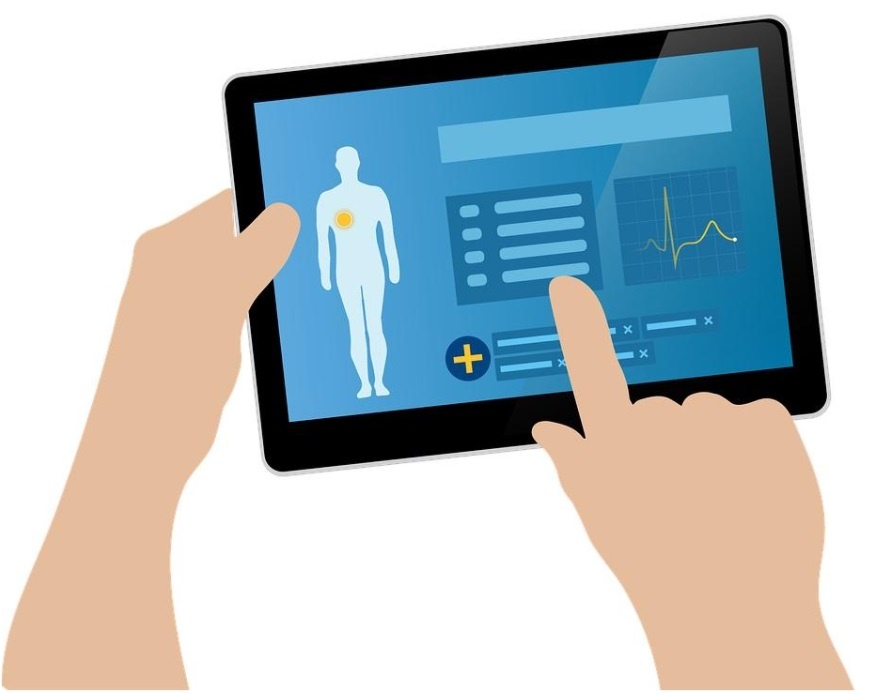Data analytics is the act of studying raw information to analyse present trends, solutions and business, and suggest areas for development, all while improving both clinical and business outcomes in medical services.
It enables advancements in patient care such as quicker, more reliable diagnostics, proactive interventions, and more individualised therapy. It can reduce expenses, streamline daily procedures, and more at the corporate level.
Health care analytics uses current and historical data to gain insights, macro and micro, and support decision-making at the patient and business levels.
Where to learn
Data analytics has become one of the hottest career options in the job market. As a result, various online graduate programs and courses are available for aspiring data analysts.
The curriculum of these programs has been developed while researching the demand of the health care industry and imparting the required skill set to suit the job requirement.
Scope of Data Analytics in the healthcare industry
Data analytics is a powerful tool for healthcare organizations looking to improve efficiency and better serve their patients. Data analysts are working in this field run, from statisticians to data scientists.
Their main task is to spot patterns in the data and determine how these patterns could help improve clinical care, reduce costs and help healthcare institutions run more efficiently and effectively.

Evaluating Clinical record
The function of Data Analytics in the healthcare industry is set to change; with rapid advancements in technology and the growing need to make healthcare more affordable and accessible, it seems inevitable that advanced medical data analysis will become a fact of life.
More data can help us predict illness and injury before they occur, diagnose diseases quicker and more accurately, and more easily access high-quality care.
Analyzing claims and operational cost
Data analytics has applications as broad as the industry itself in the healthcare industry. Analyses of claims data can identify areas where resources are being wasted or help insurers get a better grasp of their premiums.
Claims data also helps medical institutions identify which medical areas to invest in, or to help caregivers develop better treatments for patients. The applications of claims data are very broad.
Pharmaceutical sector
The pharmaceutical company Data analytics is used by the healthcare companies to produce new medical solutions and improve procedures and strategies. Several multinational drug companies, for example, have volunteered to exchange historical cancer research data.
They want to make it easier to find and develop cancer therapies. Organizations might potentially leverage data from genetic testing or medical equipment to target individual patients for clinical trials, resulting in better results (thanks to more accurate data!).
Data analytics is used by every business to create new healthcare products and improve methods and processes. They want to make it easier to find and develop new cancer therapies and other fatal diseases.
Companies might potentially leverage data from genetic analysis or medical equipment to target specific patients for clinical trials, resulting in better results (thanks to more accurate data!).
